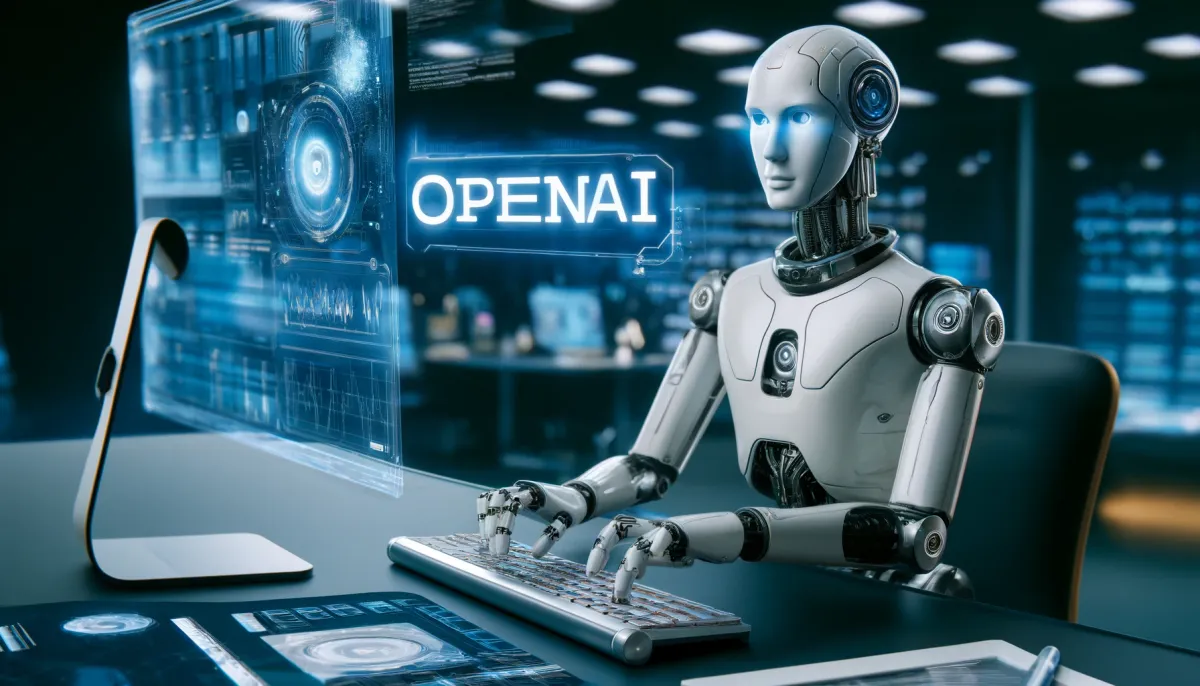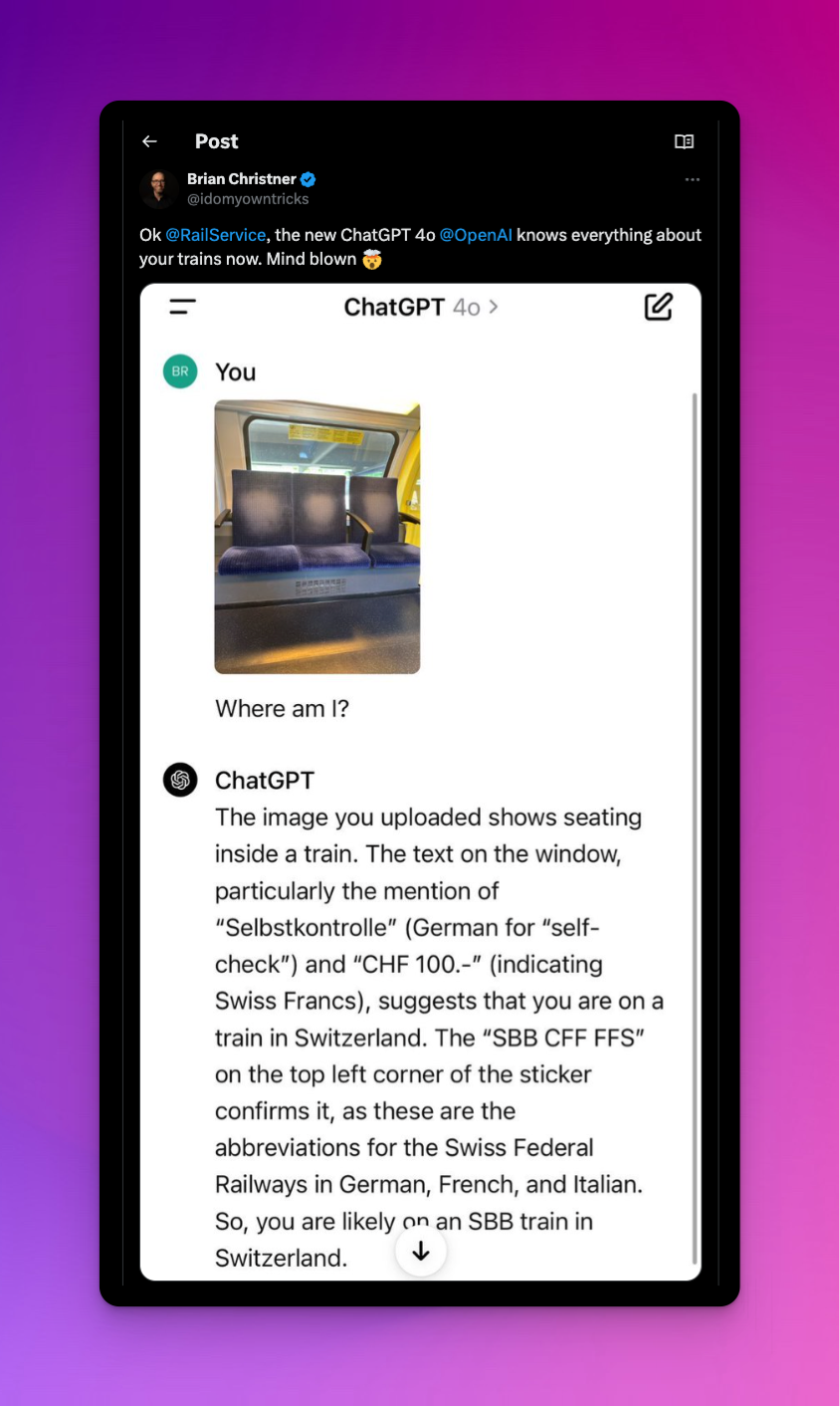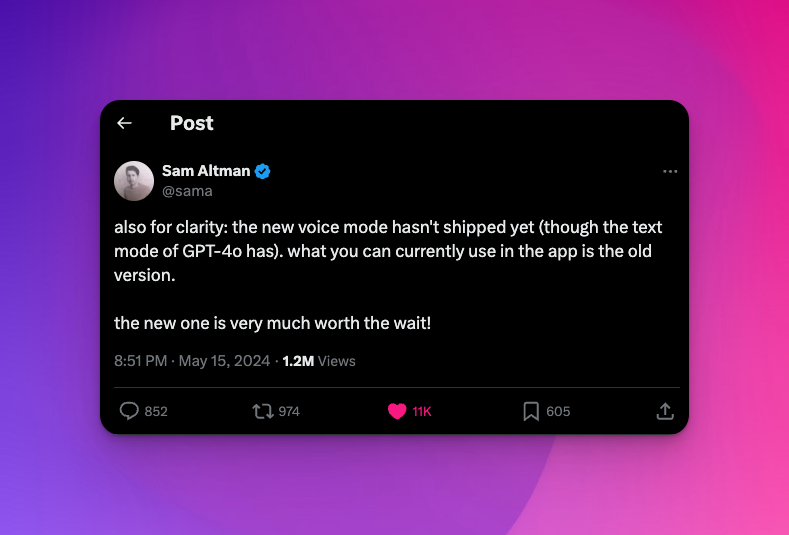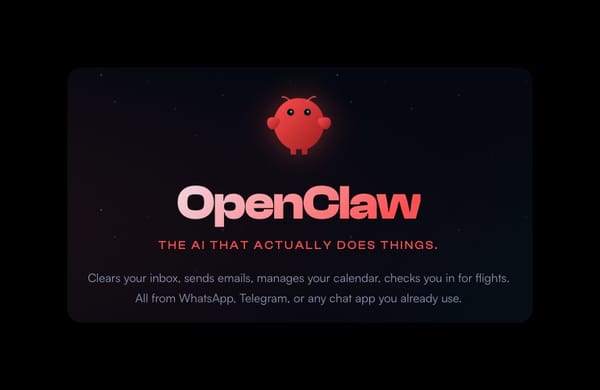GPT-4o vs. Google I/O 2024: The Battle of the AI Giants Comparison
OpenAI's GPT-4o announcement and Google's I/O 2024 keynote both showcased significant AI advancements. OpenAI introduced GPT-4o's multimodal capabilities, text-to-speech, and enterprise tools, while Google unveiled generative AI in search

Introduction
In the world of AI and tech, OpenAI's GPT-4o announcement and Google's I/O 2024 keynote have been significant milestones. Both events introduced groundbreaking advancements this week, setting new standards for AI capabilities and user experiences. Let’s dive into a detailed comparison of these two pivotal announcements.
As OpenAI beat Google to market with their announcement which helps considerably from a PR perspective.
I must say I am now using the voice assistant of ChatGPT much more. I find it really helpful and I already tested it in a conversation to provide translation. Worked great from German to English. What's really impressive is the latency or lack there of.
Once my ChatGPT iOS app had new model available I tested it with a picture of inside the train I was traveling on. I promoted Chat GPT-4o to try and figure out where I was. The results were impressive and everyone I showed was absolutely shocked of this new capability.
Stay Updated
Get actionable AI & tech insights delivered every Friday. No fluff, just value.
Subscribe to The Weekly Byte →
OpenAI's GPT-4o Announcement May 13, 2024
Key Features and Updates:
- Enhanced Modalities:
- GPT-4 Turbo with Vision: This model can now process images, enabling use cases such as generating captions, analyzing real-world images, and reading documents with embedded figures. It's particularly beneficial for applications like BeMyEyes, assisting visually impaired users with daily tasks.
- Text-to-Speech (TTS): A new TTS model capable of generating human-like speech from text. With six preset voices and two model variants (
tts-1for real-time andtts-1-hdfor high-quality output), it offers versatile use cases from accessibility to creative applications.
Side note here. Sam Altman clarified afterwards that the new voice model is still not available yet. So what is currently working in the app is the old version with new text mode.

- Assistants API:
- Code Interpreter: This tool can write and run Python code, generate graphs, and process complex data files, significantly aiding developers and data analysts.
- Retrieval API: Enhances the assistant's knowledge with external data, making it easier to integrate proprietary information without extensive setup.
- Function Calling: Allows the assistant to execute custom functions, enhancing its ability to perform specific tasks based on user needs.
- Model Customization:
- GPT-4 Fine-Tuning: OpenAI introduced an experimental access program for fine-tuning GPT-4, aiming to improve performance for specific tasks.
- Custom Models Program: For organizations with extensive proprietary datasets, this program offers the ability to train custom GPT-4 models tailored to specific domains.
- Enterprise Features:
- ChatGPT Enterprise: Offers enterprise-grade security, unlimited usage of GPT-4, faster performance, and advanced data analysis tools. It also includes administrative tools for large-scale deployments and custom chat workflows
Google's I/O 2024 Keynote May 14, 2024
Key Features and Updates:
- AI Enhancements:
- Generative AI in Search: Google has integrated generative AI into its search engine, making search results more contextual and personalized. This feature aims to provide more accurate and relevant answers to complex queries.
- AI for Workspace: Google Workspace received significant AI upgrades, including enhanced email drafting, meeting summaries, and data insights, powered by generative AI models.
- Product Announcements:
- Pixel Devices: New Pixel devices were unveiled, including the Pixel Fold and Pixel Tablet, showcasing advanced AI integration for improved user experiences.
- Android Updates: The latest Android version includes AI-driven features such as adaptive battery management, personalized UI themes, and enhanced privacy controls.
- Developer Tools:
- PaLM 2: Google's next-generation language model, designed to improve language understanding and generation, offering more nuanced and accurate outputs.
- Vertex AI Updates: Enhancements to Google's Vertex AI platform include new machine learning tools, better integration with other Google Cloud services, and improved model management capabilities.
- Privacy and Security:
- Federated Learning: Google emphasized its commitment to privacy with advancements in federated learning, ensuring user data is processed locally and securely.
Comparison
Innovation and Reach:
- OpenAI's GPT-4o focuses heavily on enhancing AI's multimodal capabilities and providing robust tools for developers and enterprises. The inclusion of vision, advanced TTS, and customizable models highlight OpenAI's push towards versatile and powerful AI solutions.
- Google's I/O 2024 showcases broader integration of AI across its product ecosystem, enhancing both consumer-facing products and developer tools. The emphasis on generative AI in search and Workspace demonstrates Google's commitment to embedding AI deeply into everyday user interactions.
Enterprise and Developer Focus:
- OpenAI's updates cater extensively to enterprise needs with tools like ChatGPT Enterprise, offering security, customization, and advanced data analysis. The Assistants API and function calling further extend its utility for specialized applications.
- Google balances between consumer and enterprise needs, with significant updates to Pixel devices and Android for consumers, and powerful AI tools like PaLM 2 and Vertex AI for developers.
Security and Privacy:
- Both OpenAI and Google prioritize security and privacy. OpenAI ensures enterprise-grade security with SOC 2 compliance and encrypted data management. Google advances federated learning, ensuring user data remains private and secure.
Conclusion
Both OpenAI's GPT-4o and Google's I/O 2024 announcements represent significant strides in AI technology. While OpenAI focuses on enhancing the versatility and customization of its models, Google integrates AI deeply into its product ecosystem, aiming for widespread user benefits. Each company's unique approach underscores their commitment to advancing AI and providing powerful tools and experiences for users and developers alike.
Google will have a larger impact as they are integrating directly into tools like Google Analytics, Firebase, etc so everyday users will come into contact with it. Whereas OpenAI is working from outside in.
The big advantage here is still OpenAI. I heard a long time ago actually during a Google conference about marketing. Once your brand becomes a verb, you've won. ChatGPT is well on it's way to become the default verb in the AI space. When is the last time you heard a teenager say Gemini?



